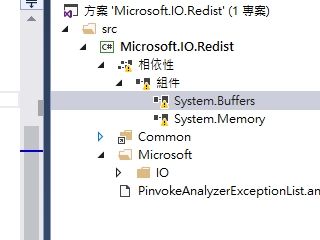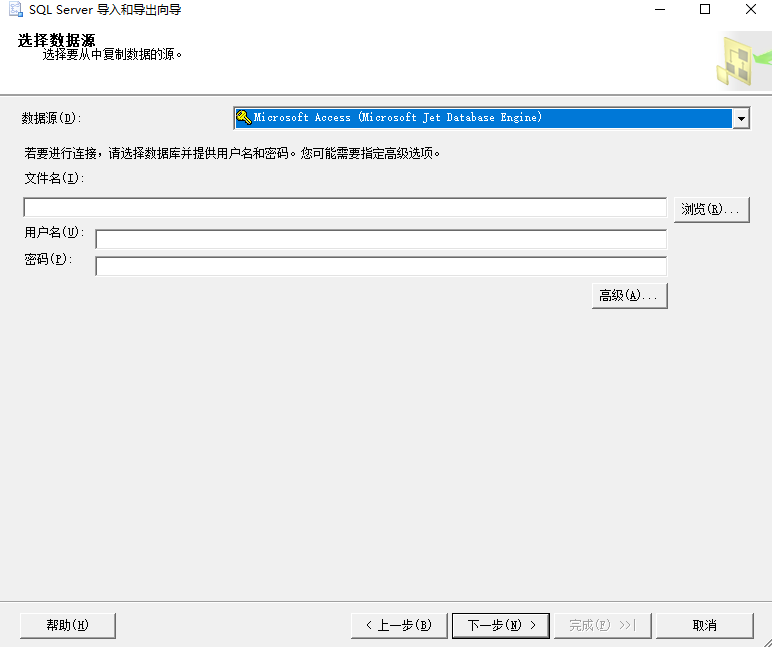How do I pass a value from one screen to its previous screen?
Consider this case: I have two activities. The first screen has one TextView and a button and the second activity has one EditText and a button.
If I click the first button then it has to move to second activity and here user has to type something in the text box. If he presses the button from the second screen then the values from the text box should move to the first activity and that should be displayed in the first activity TextView.
To capture actions performed on one Activity within another requires three steps.
Launch the secondary Activity (your \'Edit Text\' Activity) as a subactivity by using startActivityForResult from your main Activity.
Intent i = new Intent(this,TextEntryActivity.class);
startActivityForResult(i, STATIC_INTEGER_VALUE);
Within the subactivity, rather than just closing the Activity when a user clicks the button, you need to create a new Intent and include the entered text value in its extras bundle. To pass it back to the parent call setResult before calling finish to close the secondary Activity.
Intent resultIntent = new Intent();
resultIntent.putExtra(PUBLIC_STATIC_STRING_IDENTIFIER, enteredTextValue);
setResult(Activity.RESULT_OK, resultIntent);
finish();
The final step is in the calling Activity: Override onActivityResult to listen for callbacks from the text entry Activity. Get the extra from the returned Intent to get the text value you should be displaying.
@Override
public void onActivityResult(int requestCode, int resultCode, Intent data) {
super.onActivityResult(requestCode, resultCode, data);
switch(requestCode) {
case (STATIC_INTEGER_VALUE) : {
if (resultCode == Activity.RESULT_OK) {
String newText = data.getStringExtra(PUBLIC_STATIC_STRING_IDENTIFIER);
// TODO Update your TextView.
}
break;
}
}
}
There are couple of ways by which you can access variables or object in other classes or Activity.
A. Database
B. shared preferences.
C. Object serialization.
D. A class which can hold common data can be named as Common Utilities it depends on you.
E. Passing data through Intents and Parcelable Interface.
It depend upon your project needs.
A. Database
SQLite is an Open Source Database which is embedded into Android. SQLite supports standard relational database features like SQL syntax, transactions and prepared statements.
Tutorials -- http://www.vogella.com/articles/AndroidSQLite/article.html
B. Shared Preferences
Suppose you want to store username. So there will be now two thing a Key Username, Value Value.
How to store
// Create object of SharedPreferences.
SharedPreferences sharedPref = PreferenceManager.getDefaultSharedPreferences(this);
//now get Editor
SharedPreferences.Editor editor = sharedPref.edit();
//put your value
editor.putString(\"userName\", \"stackoverlow\");
//commits your edits
editor.commit();
Using putString(),putBoolean(),putInt(),putFloat(),putLong() you can save your desired dtatype.
How to fetch
SharedPreferences sharedPref = PreferenceManager.getDefaultSharedPreferences(this);
String userName = sharedPref.getString(\"userName\", \"Not Available\");
http://developer.android.com/reference/android/content/SharedPreferences.html
C. Object Serialization
Object serlization is used if we want to save an object state to send it over network or you can use it for your purpose also.
Use java beans and store in it as one of his fields and use getters and setter for that
JavaBeans are Java classes that have properties. Think of
properties as private instance variables. Since they\'re private, the only way
they can be accessed from outside of their class is through methods in the class. The
methods that change a property\'s value are called setter methods, and the methods
that retrieve a property\'s value are called getter methods.
public class VariableStorage implements Serializable {
private String inString ;
public String getInString() {
return inString;
}
public void setInString(String inString) {
this.inString = inString;
}
}
Set the variable in you mail method by using
VariableStorage variableStorage = new VariableStorage();
variableStorage.setInString(inString);
Then use object Serialzation to serialize this object and in your other class deserialize this object.
In serialization an object can be represented as a sequence of bytes that includes the object\'s data as well as information about the object\'s type and the types of data stored in the object.
After a serialized object has been written into a file, it can be read from the file and deserialized that is, the type information and bytes that represent the object and its data can be used to recreate the object in memory.
If you want tutorial for this refer this link
http://javawithswaranga.blogspot.in/2011/08/serialization-in-java.html
Get variable in other classes
D. CommonUtilities
You can make a class by your self which can contain common data which you frequently need in your project.
Sample
public class CommonUtilities {
public static String className = \"CommonUtilities\";
}
E. Passing Data through Intents
Please refer this tutorial for this option of passing data.
http://shri.blog.kraya.co.uk/2010/04/26/android-parcel-data-to-pass-between-activities-using-parcelable-classes/
you dont have to..
just call newIntenet()from second activity
Intent retData=new Intent();
Add data to pass back
putExtras (retData.putExtra(\"userName\", getUsrName()));
go ahead with setResult
setResult(RESULT_OK, retData);
and can then finish
finish();
startActivityForResult()
And here\'s a link from the SDK with more information:
http://developer.android.com/guide/appendix/faq/commontasks.html#opennewscreen
and scroll down to the part titled \"Returning a Result from a Screen\"
I often use static variables in the calling activity with static setter methods to set them.
In this way I can change values in any activity at will, regardless of the exact flow of control between the various activities.
Note that this trick can only be used if you don\'t care about the
instantiation of more than one copy of the same activity (class) in the application,
yet I found this to be the easiest to implement, and I use it the most.
The best way to do here is to put variable to a common class which is defined outside the scope
public class Utils
{
public static String mPosition;
}
inside your code (e.g. OnButtonClick etc...)
Intent intent = new Intent(Intent.ACTION_PICK,
ContactsContract.Contacts.CONTENT_URI);
Utils.mPosition = mViewData.mPosition + \"\";
LogHelper.e(TAG, \"before intent: \" + Utils.mPosition);
startActivityForResult(intent, Keys.PICK_CONTACT);
inside the code of
@Override
public void onActivityResult(int requestCode, int resultCode, Intent data)
{
if (requestCode == Keys.PICK_CONTACT)
{
if (resultCode == Activity.RESULT_OK)
{
Uri contactData = data.getData();
//you may use the variable here after intent result
LogHelper.e(TAG, \"after intent: \" + Utils.mPosition);
....



